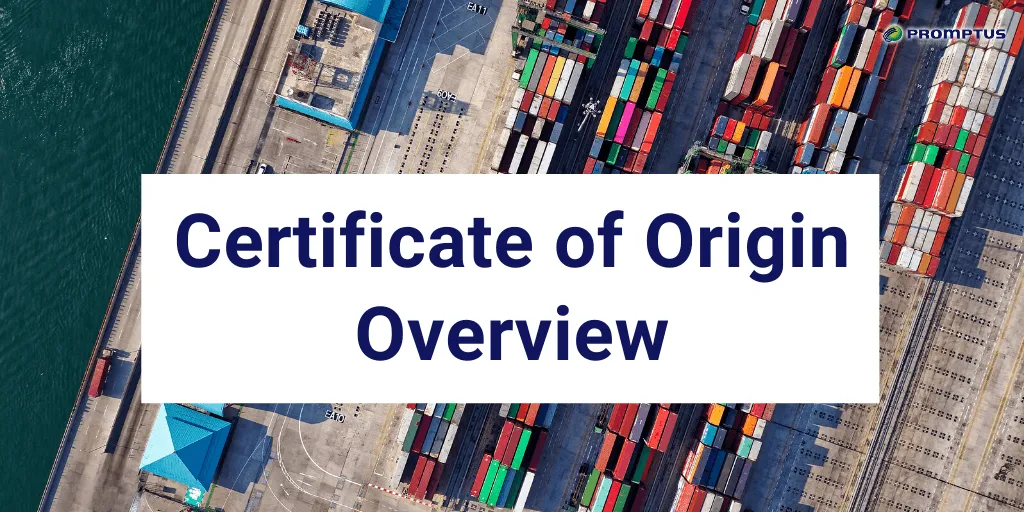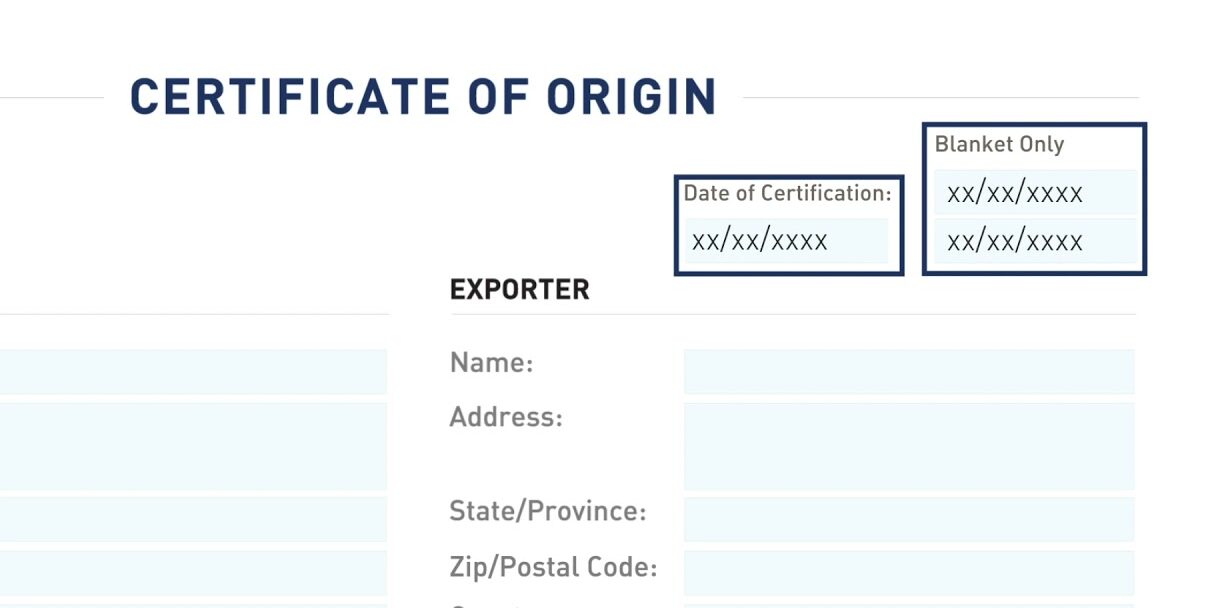
In international trade, the Certificate of Origin (CO) is a crucial document vital for the smooth execution of cross-border transactions. It serves not only as an essential proof of trade but also, in many cases, as a requisite for customs clearance and the implementation of trade agreements. In this blog, we will delve into the definition of CO, its importance, and how to properly handle this key document.
A Certificate of Origin is a formal document issued by an authorized institution or organization in the exporting country, certifying the origin of the goods. It indicates the country where the goods were manufactured, produced, or processed and is an indispensable part of international trade.

Customs Requirement: Many countries' customs authorities require a CO for imported goods to determine compliance with import regulations and to calculate import duties and tariffs.
Trade Agreements: CO is used to ascertain whether goods qualify under specific trade agreements or Free Trade Agreements (FTAs), allowing for tariff concessions.
Market Access: Some countries have restrictions or bans on goods from certain nations, making CO a crucial proof of legality.
Commercial Trust: CO provides transparency about the origin of goods to buyers, enhancing trust between international trading parties.
Determine the Requirement: First, ascertain whether the destination country requires a CO and if there are specific formats or stipulations.
Submit Documentation: Submit the required documents, such as commercial invoices and packing lists, to the issuing authority in the exporting country.
Official Approval: The issuing authority will review the submitted documents and issue the CO after confirming their accuracy.
Be Mindful of Timeliness: Ensure the CO is current as some countries have strict validity requirements for COs.
Accuracy: Ensure all information is accurate and error-free, as mistakes can lead to customs clearance denials.
Compliance: Adhere to the legal regulations of the destination country and international trade agreements.
Stay Updated: Keep abreast of changes in trade policies and agreements to update your knowledge and practices related to CO.
In international trade, a Certificate of Origin is more than just a simple document; it involves the legality of goods, tariff benefits, and market access. For exporters, understanding and correctly handling CO is key to ensuring smooth transactions. By diligently managing each CO, businesses can better protect their interests in the complex international marketplace and establish more robust commercial relationships.

Wing Shipping offers various logisticssolutions for Chinese exports, including air,sea, and rail freight. We promote tradebetween China and the world, contributingto the development of your business.
Wing Shipping offers various logistics solutions for Chinese exports, including air, sea, and rail freight. We promote trade between China and the world, contributing to the development of your business.
Copyright 2024 Wing-Shipping. All Rights Reserved.